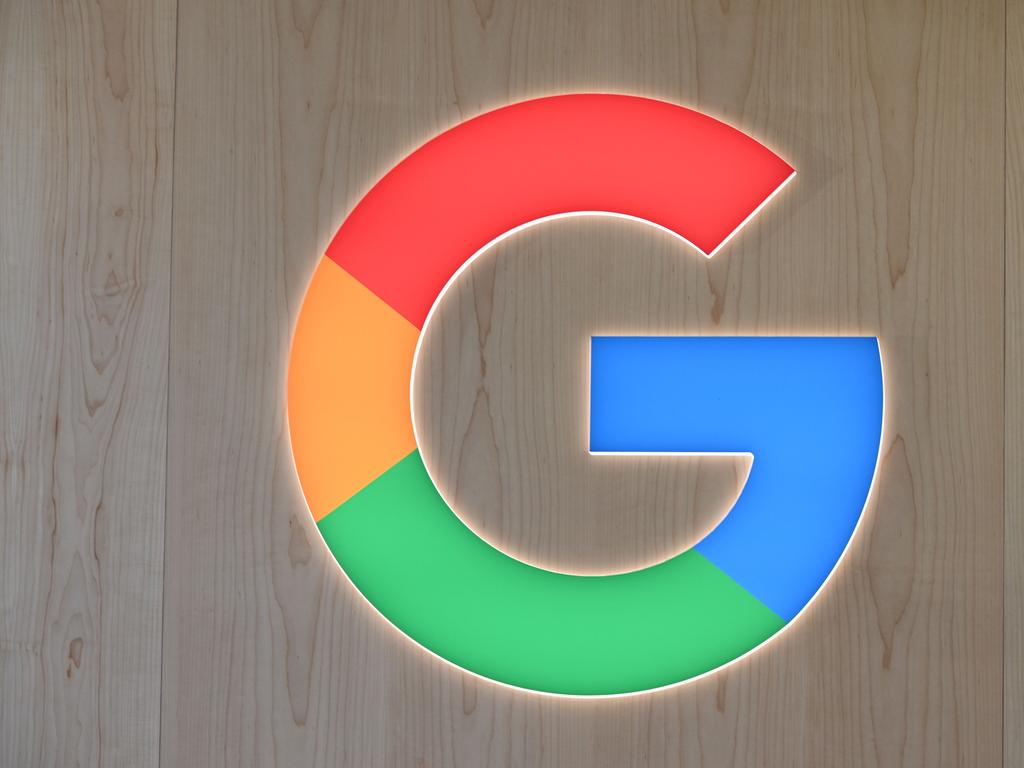
Google uses the data to maintain a stranglehold on the digital advertising market but the Oracle model lets you the user get the upside.
The model could also help cyber protection efforts by ensuring all your local data stays within Australia, so the federal government’s concerns over a foreign state intercepting data could be eased by the technology.
The model presented in a submission to Treasury is as simple as an app which could be sold with your mobile phone, or downloaded, to allow you to direct the data.
It makes use of the federal government’s consumer data rights law, which is about to be used in banking to allow you to swap data from your bank to another rival bank. There are proposals for the rollout of similar laws to cover other services.
The idea behind the Oracle service is to let you be part of the data marketplace by ticking a box which may direct your data to the mobile phone company, like say Telstra, or a for example, a media company, which would in turn will give you something like a six month free subscription in return access to that location data.
The media company would then use the data to sell it to advertisers in digital ads the way Google does it now.
The starting concept is its your data so you should be able to get some value from it rather than just let Google keep it all.
All the same services would be on the phone like Google Maps, it‘s just the location data would be with whoever you choose.’
This could of course be Google which uses the data to bid for digital advertising in the market place it coordinates.
Having precise location data knowing just when you are leaving the car to head to the restaurant allows you to charge higher prices for the advertising.
Through a variety of means, like sensors on an Android phone, and search histories, Google can keep an almost minute by minute track on where you are, when you wake up and when you go to sleep.
Many people shrug and say who cares. But if those people could get some value by directing the location data elsewhere then they might start to care.
ACCC boss Rod Sims is one who believes people should care, because it is their data which is used by Google without most people’s knowledge or permission.
By way of example if you log onto the ACCC web site that triggers a switch which allows Google to monitor your movements.
The ACCC has legal action against Google alleging misleading conduct over the Google location data because it is almost impossible to turn off.
The company also faces similar actions in Arizona and California.
Keeping a copy
Under present consumer data rights rules in Australia the host company can keep a copy of the data.
So if NAB has your bank details, for example, and you want the data to go to ANZ, NAB would keep a copy.
The Oracle system would work best if NAB had to hand over its copy of the data as well, giving the company to whom you’d sold it full rights over it.
There are some concerns about handing full control of data to another company if you have no control over what they may do with it.
That is one if the issuing Treasury is considering the rollout of the consumer data rights legislation.’
The rollout to banks has been delayed due to COVID-19 hit on the banks, but the law is in place and will be rolled out to utilities and other services next year.







The clever folk at Oracle have developed a model to show just how you can create value from your own location data rather than letting Google keep it all to itself.